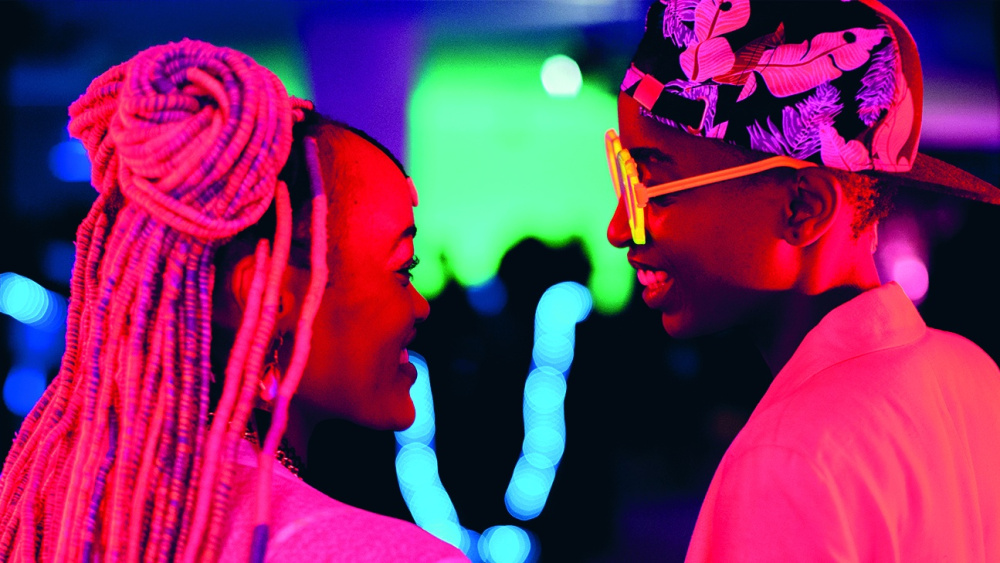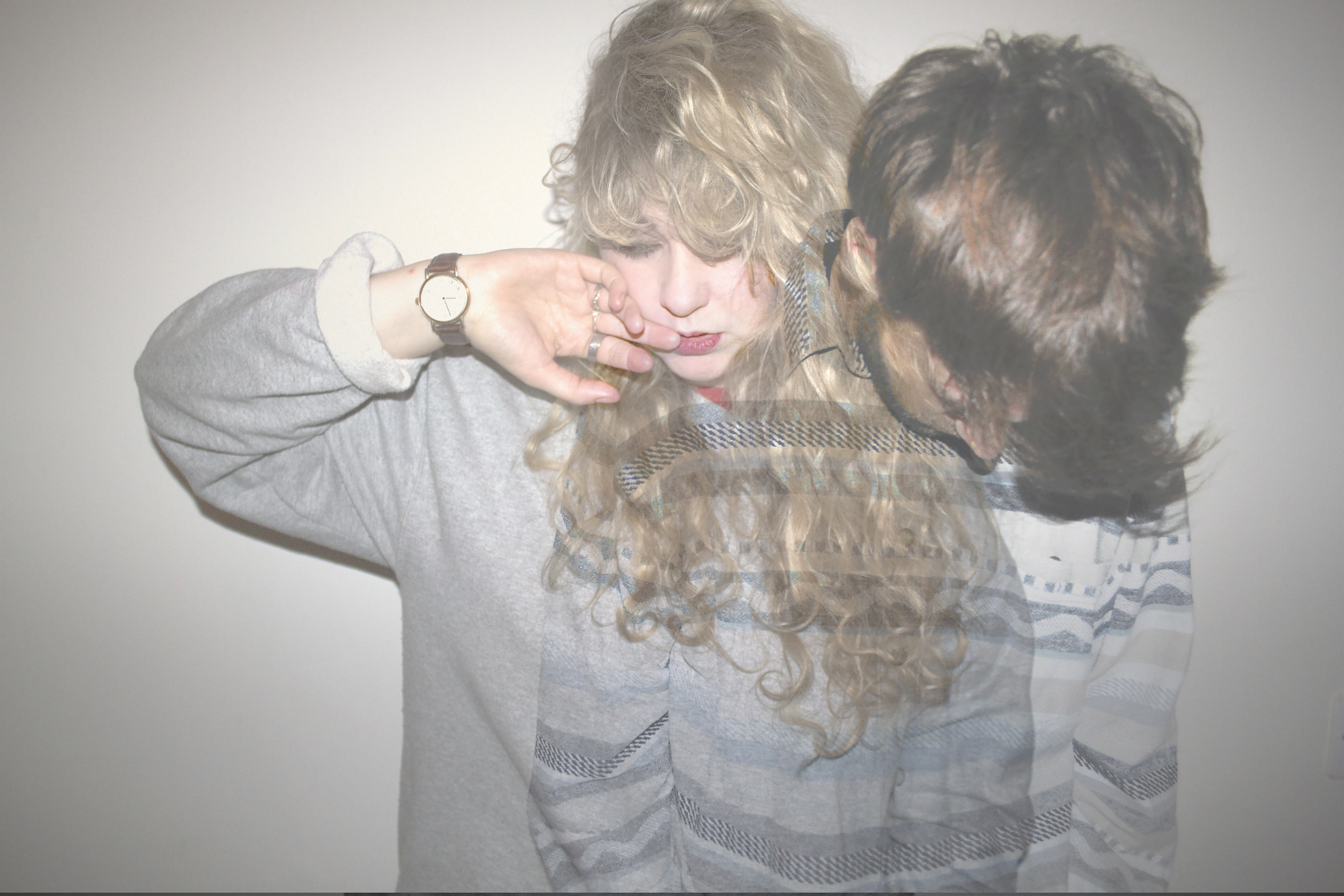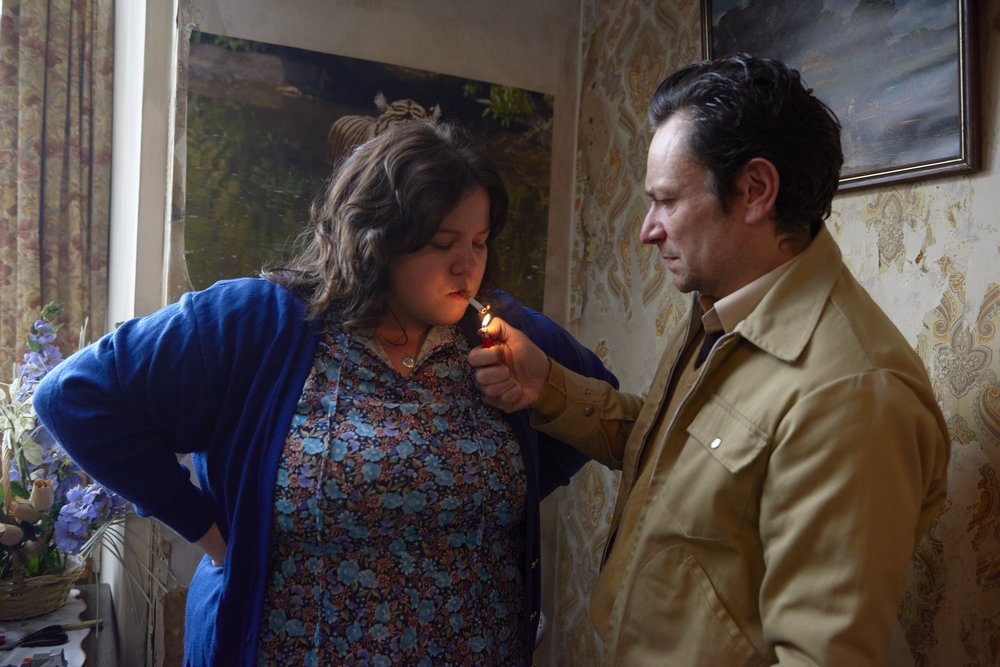When you think of films set in the African continent, what subject matter comes to mind? Poverty? AIDS? Child soldiers?
That isn’t to be disingenuous. Of course African countries face dire problems that need more attention. But how often do we see films that reflect the stunning culture and spirit that they have to offer? After all, that’s what made last year’s Black Panther so revelatory.
To that end, the last few years have seen the emergence of an African art collective called AFROBUBBLEGUM (the capitalization is mandatory). Comprised of filmmakers, clothes designers, graphic designers, its mission is to create “fun, fierce and frivolous representations of Africa.” Rafiki, the latest film by Kenyan director Wanuri Kahiu, fits soundly in this category.
From the opening credits, we’re treated to a scintillating portrayal of Nairobi that teems with pastel colours and vibrancy. It’s almost dizzying trying to process the sensory overload of street art and skateboarders, soundtracked to dancehall-inflected hip hop by Kenyan artist Muthoni Drummer Queen.
From here we’re introduced to Kena (Samantha Mugatsia), the daughter of a local convenience store owner who is campaigning for a local election. Kena is fighting off advances by a local boy, but it’s Ziki (Sheila Munyiva), the daughter of her father’s political rival that catches her eye. Slowly the two begin a clandestine romance, ever wary of Kenya’s anti-gay laws and the scandal it could cause for their fathers’ campaigns.
When Kahiu depicts their budding relationship through montage and sun kissed visuals, the results are giddying. We watch them dance with one another at a fluorescent rave or tentatively reach for another’s hand in public. After spending the night together, Kena watches over Ziki, the frame spotted by lens flares in the morning light. It’s a perfect encapsulation of the delight you feel when waking up beside a loved one.
In motion, this couple is wholly believable. Every glance, smile and embrace is totally earned and a joy to watch. Unfortunately the film stumbles in the more dialogue heavy scenes. Though Mugatsia and Munyiva are very talented actresses, they struggle with the slightly tin-eared script. What’s more, the editing and cinematography are a little too frantic in the more sedate scenes.
When Ziki and Kena’s relationship is discovered by their community, the two girls must decide how far they are willing to go for their love. Here, form and content align; Kahiu lets the scenes breath with longer, unbroken takes. That gives Mugatsia and Munyiva the space to sell the gravity of their situation, leading to an ending that is both hopeful and quietly devastating.
Rafiki may be a sterling example of AFROBUBBLEGUM, but it’s not naïve. The ghosts of colonial rule pervade the film in subtle and not so subtle ways, particularly the fire and brimstone sermons by a local Christian preacher. The film serves as a poignant reminder that there is so much more that needs to be done to combat bigotry, a vibrant snapshot of Kenya and a celebration of young queer romance. Jack O’Higgins
Rafiki was screened as part of the Virgin Media Dublin Film Festival and will be released at a later date.






